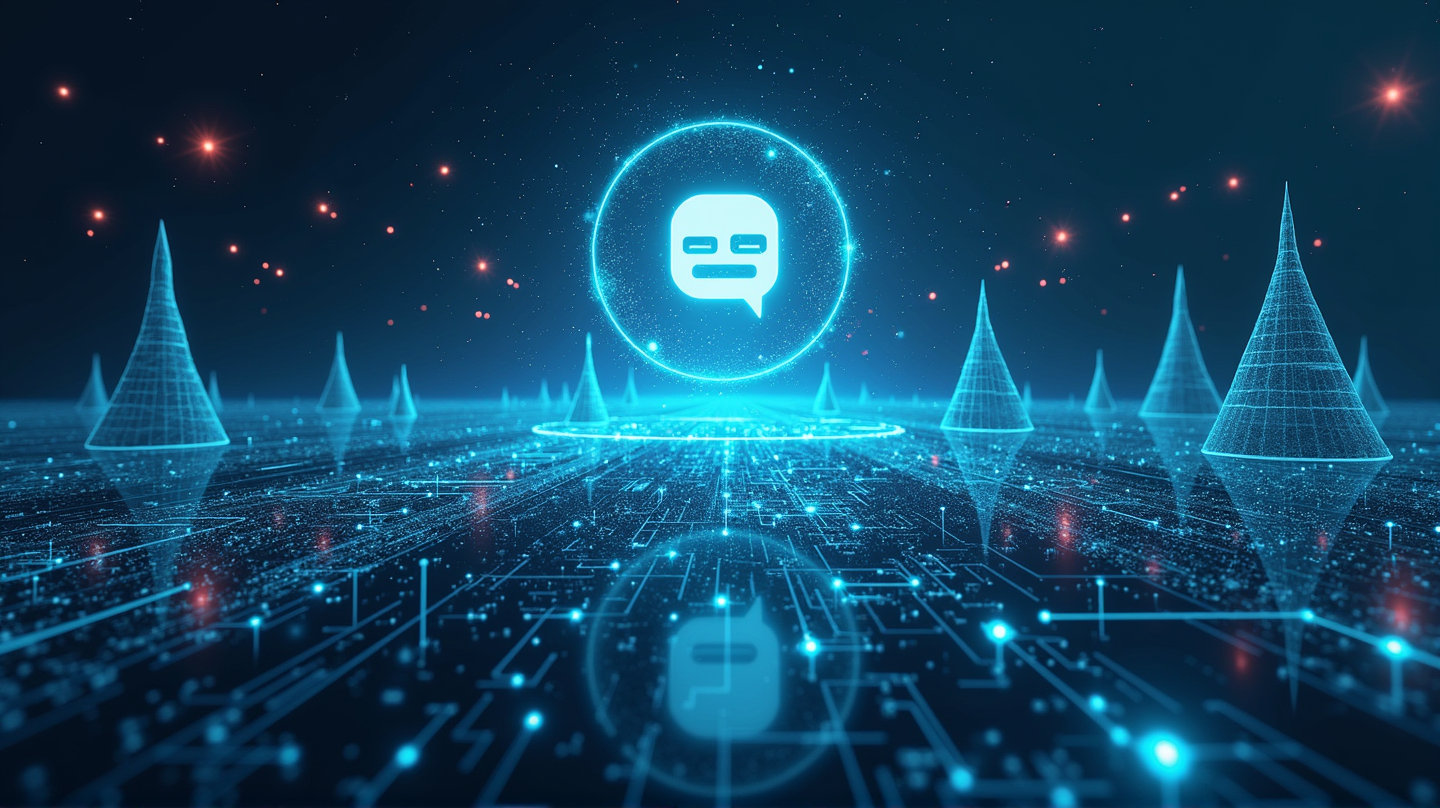In the ever-evolving landscape of digital identity services, OpenAI’s latest initiative, ‘Sign in with ChatGPT,’ signals a bold ambition. Could this emerging feature revolutionize how users engage with platforms, or will it merely blend into the background of current identity solutions?
Challenging the Established Giants
OpenAI’s endeavor to step into the identity service arena is a direct confrontation with digital titans like Google, Apple, and Microsoft. Each has long upheld dominance by offering seamless login experiences across vast online realms. But imagine a world where your ChatGPT account isn’t merely for AI chat but acts as your passport to countless online applications. This is the horizon OpenAI envisions, seamlessly weaving artificial intelligence into everyday digital navigation.
Expanding Beyond Chat: OpenAI’s Strategic Shift
Boasting 600 million active users, OpenAI’s ChatGPT holds significant clout. CEO Sam Altman hinted earlier in 2023 at a deeper consumer integration strategy, with plans morphing into tangible action as ‘Sign in with ChatGPT’ developer previews take center stage. By empowering developers through the Codex CLI tool, the initiative is more than a concept—it’s unfolding reality. The incentives are appealing, with API credits enticing early adopters to join the innovation movement.
Developer Engagement Fuels Growth
The call to developers—whether attracting growing startups or giants with user bases over 100 million—demonstrates OpenAI’s commitment to fostering a thriving ecosystem. The process is systematic; invites are not mere teasers but concrete steps toward the broader adoption of ‘Sign in with ChatGPT.’ As developers ponder monetizing AI features, OpenAI reinforces the notion that the potential for innovative, AI-centered applications is boundless.
The Future of Digital Connectivity
The launch timeline remains a closely held secret, but the momentum is undeniable. OpenAI doesn’t want ChatGPT just to chat; it wants it to be a gateway. By becoming a login identity provider, OpenAI could fortify its role in the digital age, integrating deeper into users’ daily lives and opening pathways to creativity and efficiency. Whether ‘Sign in with ChatGPT’ wins consumer favor is uncertain, but its mere existence highlights OpenAI’s pursuit of playing a crucial role in shaping the future of AI-driven platforms—an effort not just about IT infrastructure but transforming personal digital experiences.
As stated in Hindustan Times, these strategic moves cast light on OpenAI’s ambition to tune our digital lives to the rhythms of artificial intelligence. As actors in this echoing digital stage, can we afford to merely observe, or will we embrace this AI-scripted identity narrative?
